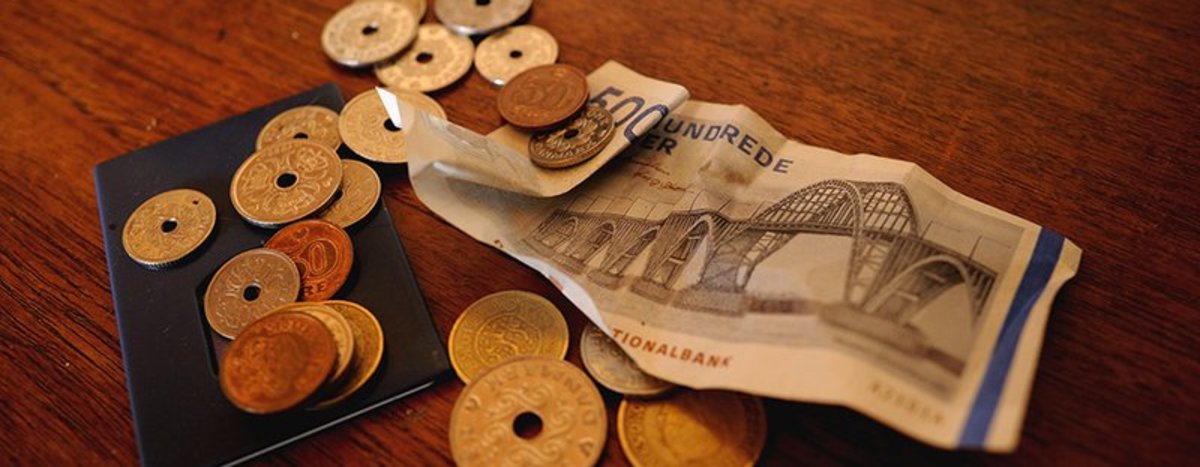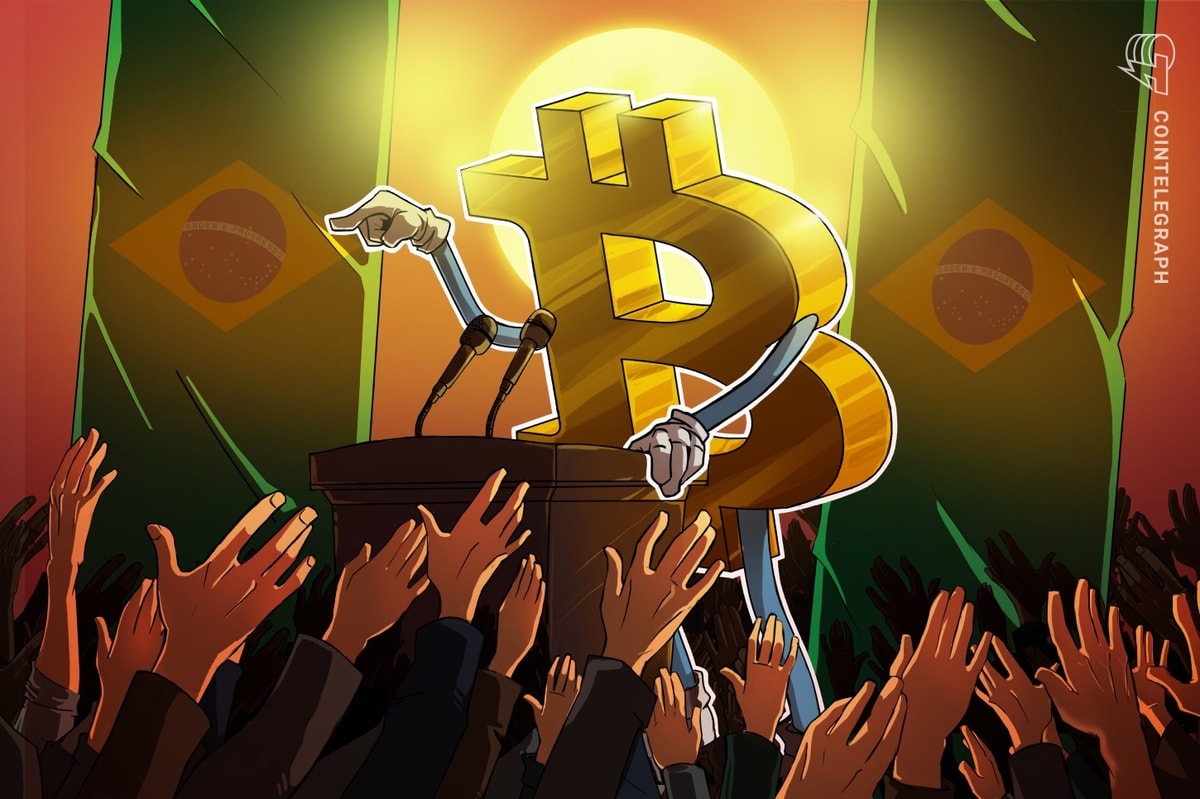
Since October 2014, the Swedish National Bank, also known as Riksbank has cut its interest rates below zero. That means that for well over a year the people of Sweden have been paying the banks to keep their accounts and credit cards accessible.
According to a study published by a group of industrial technologists led by Niklas Arvidsson at the Royal Institute of Technology in Stockholm, banks and economists are pushing a “cashless society” due to the rapid growth of digital transactions, secure online medium of payments and the sudden decay of cash.
Arvidsson and his team of researchers stated that there are around 80 billion Swedish krona in regular circulation (country’s wallets and cash registers), a significant decay of cash since 2009.
“Cash is still an important means of payment in many countries’ markets, but that no longer applies here in Sweden. Our use of cash is small and it’s decreasing rapidly,” said Arvidsson.
Six years ago, the total circulation of cash in the entire country recorded 106 billion krona, around 40 percent to 50 percent more than today’s “regular cash circulation.”
"And out of that amount, only somewhere between 40 and 60 percent is actually in regular circulation," Arvidsson continued. He further explained that rest of the money is lost in bank deposit boxes or traded in the black markets of Sweden.
As a result, a growing number of economists and banks including the Swedish Central bank are trying to create a completely cash-free society, wherein all transactions and payments are settled digitally, using various means of payments and financial services.
“Walking the streets of Sweden's second city, Gothenburg, it's almost impossible to find a shop that doesn't accept bank cards for payment, and most locals tend to carry no coins or notes on their person. Many also make use of an app called Swish, a collaboration between Swedish and Danish banks that permits fast, simple money transfers on smartphones,” said Duncan Geere of techradar.
Arvidsson also claimed that some bank branches refuse to accept cash and, if they do, the banks require a detailed report of information and evidences that could prove the origin of the cash. For example, if the cash was acquired in a bitcoin exchange by selling small amount of BTC in a series of transactions, customers may have to provide each transaction history and its threads to validate the nature of the transactions.
The majority of well-established financial institutions are worried about involvement in money laundering and fraud, especially for digital currencies like bitcoin which has been involved in various court cases and scams like Josh Garza’s Paycoin and GAW Miners.
"At the offices which do handle banknotes and coins, the customer must explain where the cash comes from, according to the regulations aimed at money laundering and terrorist financing," explained Arvidsson. Bank staff are required to file police reports in response to suspicious cash transactions.
At this point in time, the central bank and self-titled economists are eagerly searching for alternative payment methods that could potentially replace cash and transform Sweden into a cash-free economy and society.
Recently, Sweden’s largest stock exchange Nasdaq approved XBT Provider AB to launch industry-grade bitcoin tracker on the Nasdaq stock exchange, which is designed to mirror the price of U.S. dollars per bitcoin.
Although the central bank and economists of Sweden are yet to come to a consensus as to which financial instruments and methods of payment could potentially replace the country’s currency, Swedish financial institutions will continue to focus on providing digital products and monetary services to reduce the regular circulation of fiat money.










